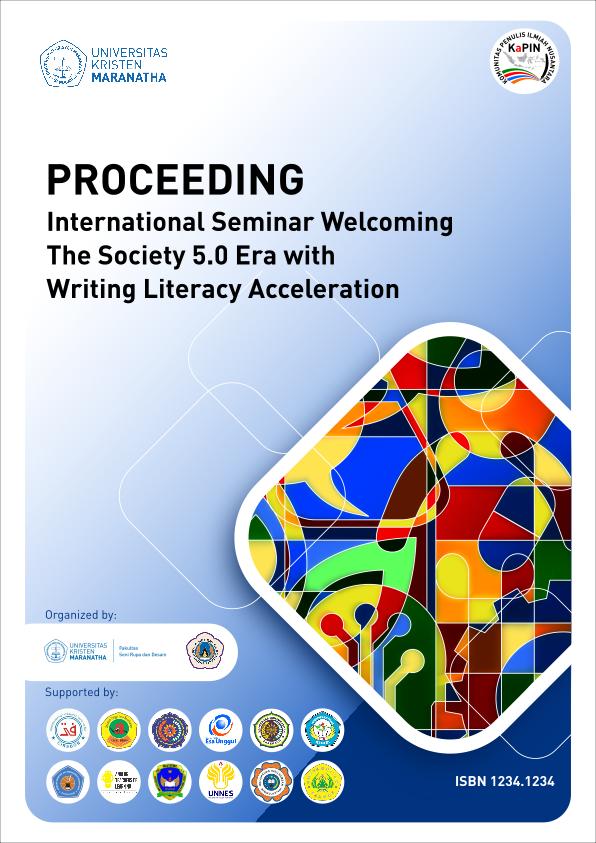Factors Affecting The Implementation of Ews (Early Warning Score)
Keywords:
Early Warning Score, Factors, HospitalAbstract
Early Warning Score (EWS) focuses more on detecting emergencies before they occur, so it is hoped that with earlier management, life-threatening conditions can be handled more quickly or even avoided so that the resulting output is better. According to data for the last 3 months regarding Early Warning Score (EWS) data at RSBP Batam, especially in the Teratai room, there were 694 patients and the complete Early Warning Score (EWS) observation sheet was only 156 patients, while in the Orchid room there were 415 patients with Early observation sheets. Complete Warning Score (EWS) in only 203 patients. This study is to determine the factors that influence the implementation of the Early Warning Score (EWS) in the Lotus room and the Orchid Room of the RSBP Batam 2020. The research method used quantitative research design using correlation descriptive design with cross-sectional approach. The population in this study were all nurses in the room lotus and orchid room RSBP city of Batam in 2020 a total of 32 respondents. The analysis of this research is the univariate analysis and bivariate analysis and data processing using the chi-square test (p <0, 05). The results of the chi-square test analysis showed a p-value <0.025. This shows that there are knowledge factors, nurses‘ perceptions, skills, and external factors of system quality. Therefore, Ho refused and Ha is received so that it can be concluded that there are factors that affect the implementation of EWS Early Warning Score) at room lotus and orchid room RSBP city of Batam in 2020.

Published
Issue
Section
License
Copyright (c) 2021 Proceeding

This work is licensed under a Creative Commons Attribution-NonCommercial-NoDerivatives 4.0 International License.
